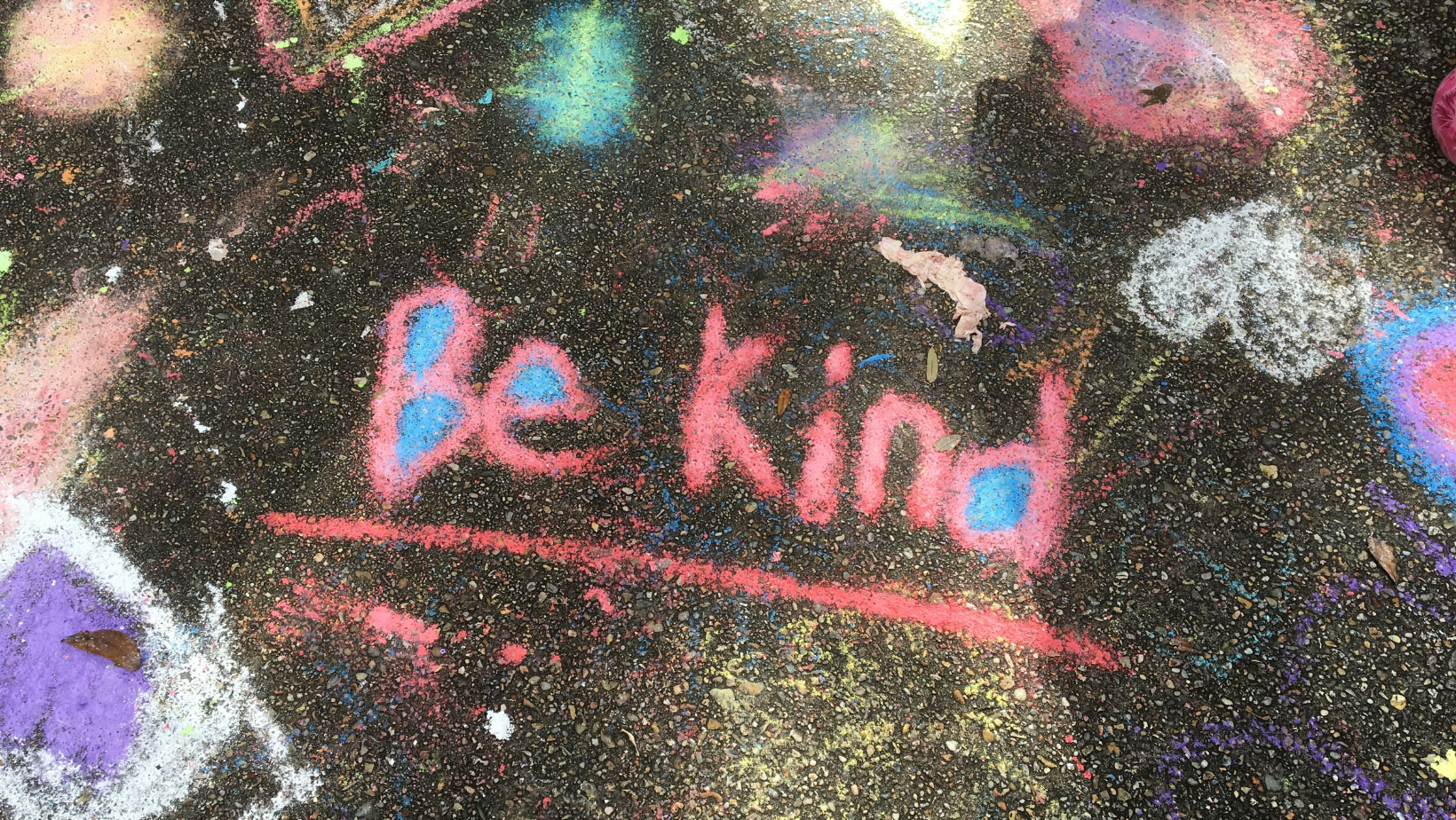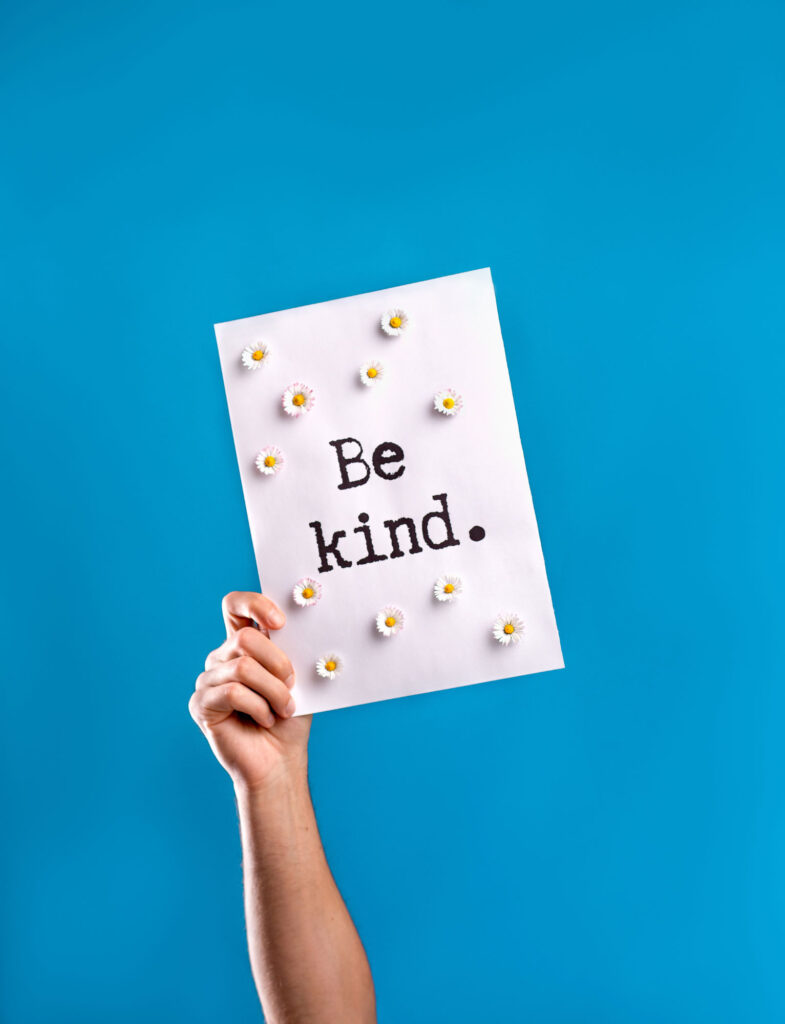Teaching Your Kids the Power of Kindness
Do you remember the last time someone showed you kindness without asking for anything in return? Now, imagine if your child could be the one to brighten someone’s day like that. Teaching kids kindness is more than just a good lesson. It’s a way to shape their hearts for the better.
As parents, we want our children to grow up to be empathetic, caring individuals. But with busy schedules and constant distractions, it can be easy to overlook the simple yet powerful act of teaching kindness. The truth is, kindness is a skill that can be nurtured and practiced every single day.
I’ll never forget the time my child came home from school with a story about how a classmate had been left out during recess. Without hesitation, they ran to the child to include them. As a parent, that moment felt like a victory. It wasn’t just the kindness my child showed. It was the fact that they had internalized the importance of thinking of others and acted on it. In that small moment, I realized we were on the right path.
Kindness is a gift that keeps on giving, and it starts with the little things we do every day. Here are some simple yet meaningful ways to encourage kindness and empathy in your children:
Start with the Basics: Daily Habits to Build Kindness
Incorporating kindness into your daily routines is a powerful way to build empathy:
• Gratitude at Dinner: Make it a tradition to share one kind thing someone did for you that day. This helps kids reflect on the positive actions of others and reminds them of the good in the world.
• The Secret Kindness Game: Each person draws a name out of a hat and performs a kind act for that person during the week without revealing it until the end. It’s a fun, secretive way to make kindness feel like a special surprise.
• Compliment Challenge: Challenge your kids to give one compliment to some one every day. Compliments can brighten someone’s day and teach kids the joy of lifting others up.


Model Kindness: Lead by Example
As parents, we are our children’s first teachers. They watch everything we do and imitate how we act, especially when it comes to showing kindness. If we want our kids to be kind, we have to model it ourselves. After all, actions speak louder than words.
• Show Empathy in Everyday Situations: Whether it’s listening to a friend in need or helping a stranger, children learn kindness by seeing it in action. If your child sees you lend a hand to a neighbor or offer a kind word to someone, they’ll be more likely to mirror those behaviors in their own interactions.
• Apologize When Necessary: Showing kindness isn’t always about doing the right thing but owning up to when we’ve made a mistake. If you snap at your child or are short with someone, take a moment to apologize. This teaches children that kindness includes humility and accountability.
• Be Generous with Compliments and Appreciation: When you praise others, especially your children, it teaches them the power of positive reinforcement. Let your kids hear you acknowledge and appreciate the small acts of kindness in your own life. This simple habit can inspire them to do the same.
Get Creative with Acts of Kindness
Sometimes the best lessons come through action. Try these fun and impactful activities to teach your kids about kindness:
• Kindness Jar: Write down different acts of kindness on slips of paper (e.g., “Help a sibling clean up,” “Make a thank-you card”). Every day, have the kids pick a slip and perform that act. You’ll be amazed at how much joy the simple act of giving can bring.
• Make & Give Cards: Encourage your kids to make “just because” cards for neighbors, teachers, or family members. These heartfelt cards express love and appreciation, and making them gives your children a creative outlet for their feelings.
• Volunteer Together: Volunteering as a family is one of the most powerful ways to model kindness. Whether it’s donating clothes, cooking a meal for a family in need, or helping at a local shelter, these shared experiences can create lasting memories and teach your children the importance of helping others.
Empathy in Action: Teaching Through
Stories and Play
Kindness isn’t just about what we do; it’s about how we relate to others. One of the most effective ways to help kids understand empathy is through stories and role-playing:
• Read Books About Kindness: Stories like Have You Filled a Bucket Today? or The Invisible Boy are wonderful tools for teaching kids the importance of kindness. These books help children see the world through the eyes of others, teaching them about compassion and how small acts of kindness can make a big difference.
• Role-Playing Empathy: Pretend play is a great way to practice empathy. Try scenarios where your children play different roles, such as a friend who needs help or someone who is feeling left out. This helps them put themselves in others’ shoes and understand how their actions can affect others.
Teaching kindness to our children is one of the most important gifts we can give them. But we don’t have to wait for a “perfect moment” or a big event to start. Through small, everyday actions, we can help our kids grow into empathetic, caring individuals. The beauty of kindness is that it doesn’t just change others—it changes us, too.
What kindness can you share today? Take a moment to think about how you can make a positive impact on someone’s life—whether it’s through a smile, a compliment, or lending a helping hand. Let your children be a part of this mission, and watch how kindness grows within your family.
Submitted by Sarah Clark
